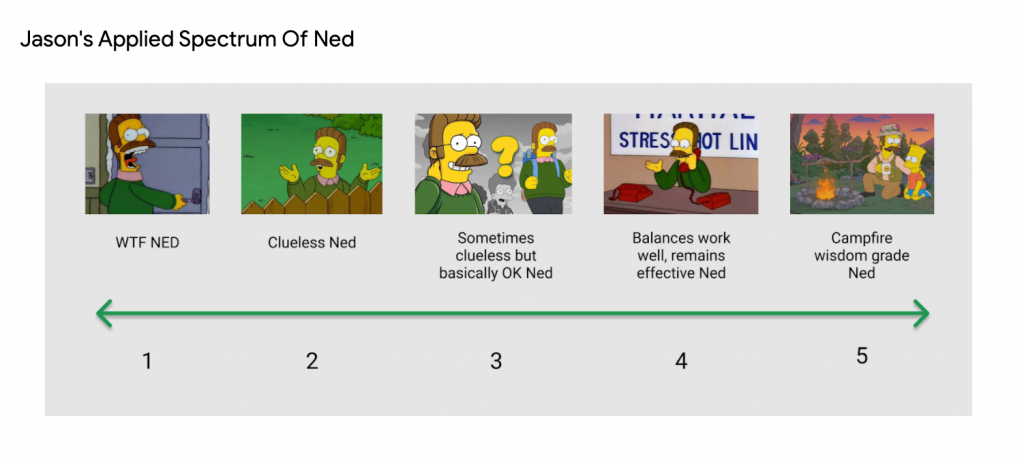Thought experiment: if an LLM were connected to a machine that could print chips and it were told to print two ASICs: a VHDL interpreter and a chip encoding some form of genetic algorithm. The first chip then tests out VHDL from the genetic algorithm on the machine that printed the first chips. Say the chips are all FPGAs so there’s minimal wastage. The ‘goal’ of the genetic algorithm could be, say, to reliably create configurable hardware to write news articles. The fitness feedback would be from the LLM, where it all started…
…could that qualify as a nano-intelligence explosion? Call it an intelligence ‘pop’, perhaps. Or an ‘intelligence bootstrap’? That is, in the context of writing news articles.
Note that ‘the goal’ could be literally anything, all defined by some fitness criteria. What if the goal was ‘to survive’ or ‘to learn’? Would those be too broad to be defined by the fitness criteria?
Also note that ‘configurable hardware’ is, in effect, a marriage of hardware and software. The choice of VHDL over any other HDL is arbitrary.
Final note: all of these components already exist. The only real practical variable is the goal / fitness criteria. There’s only one or two steps beyond this to what one might call ‘Goal oriented adaptive mimicry’.
Note to self: must read ‘The Emperor’s New Mind’
